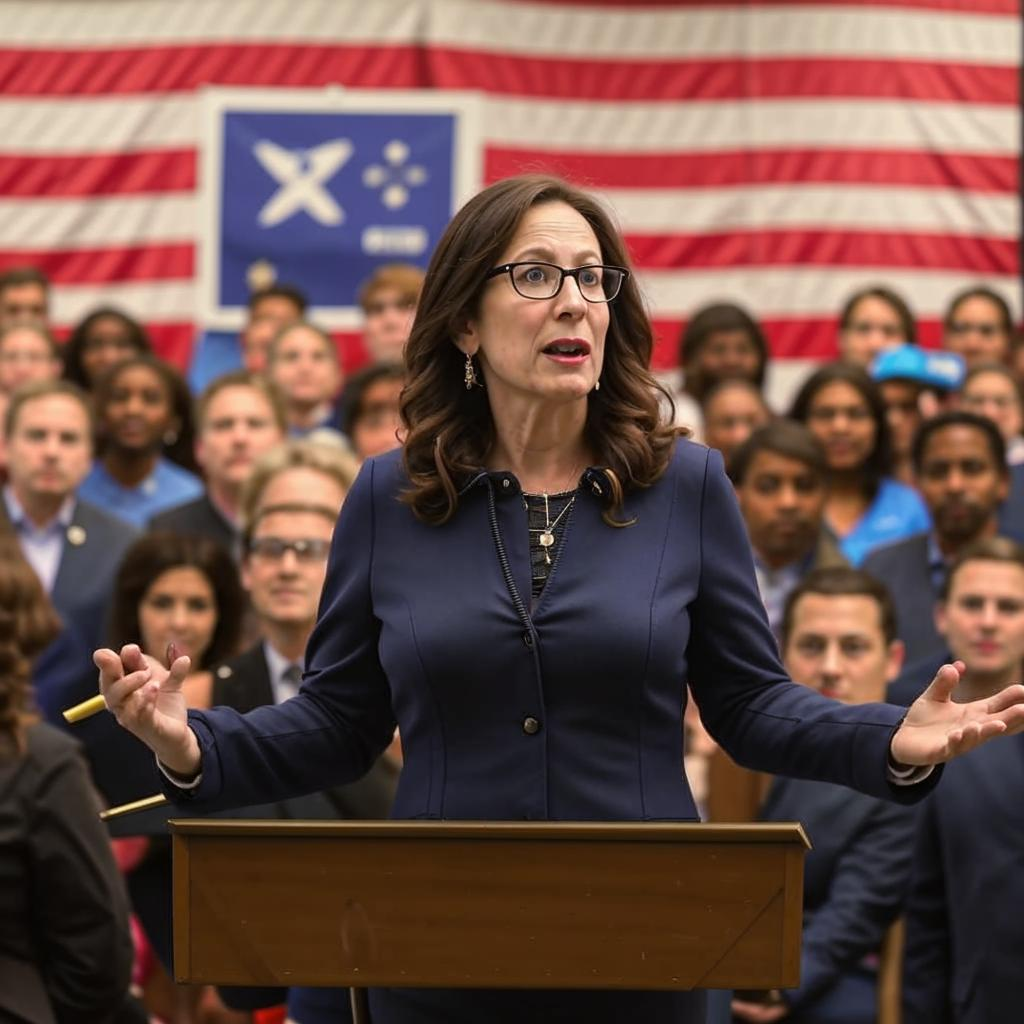Meta discontinues its US fact-checking program, prompting fears of unchecked misinformation. The program, which partnered with third-party organizations to flag false content on Facebook and Instagram, faced criticisms of bias and effectiveness. Meta justifies the move as a strategic shift towards AI-driven solutions and community reporting.
However, critics argue that the absence of dedicated fact-checkers will lead to a surge in fake news, particularly during the upcoming election. The decision coincides with Meta’s cost-cutting measures, raising questions about its commitment to platform integrity.
The implications are significant. Without human oversight, AI systems may struggle to discern nuanced forms of misinformation or satire. Community reporting, while valuable, may be insufficient to address the scale of the problem.
This shift places a greater responsibility on users to critically evaluate the information they encounter online. Media literacy and awareness campaigns become even more crucial in combating the spread of false narratives. Meta’s decision marks a turning point in the fight against misinformation, potentially reshaping the online information landscape.
It remains to be seen whether AI and community efforts can adequately fill the void left by the fact-checking program, or if the US will face a wave of amplified misinformation as a result. Finishtit















